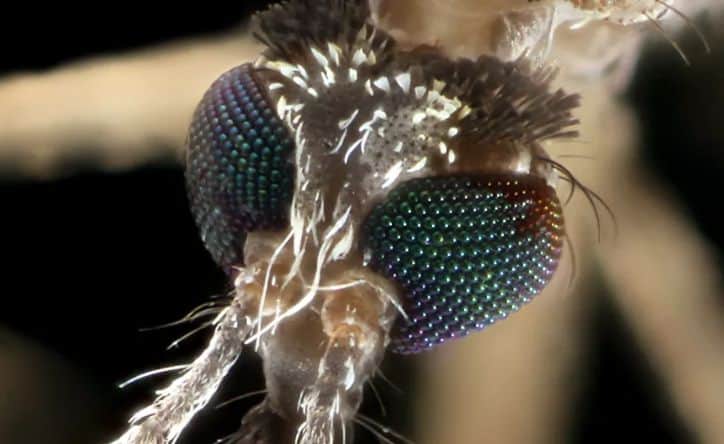Mosquitoes can be particularly annoying. They have a buzz that, far from predicting pleasure, fosters annoyance: we know that it is very likely that they will bite us and that – in the best of cases – we will end up with slight swelling and itching, and in the worst with some disease that it can be deadly. Why haven’t we extinguished them yet?
Not counting microorganisms, there are many more insects in the world than anything else. They have been on the planet for more than 100 million years and have become an important part of the food chain. Without a doubt, they are the predominant form of life on Earth.
There are more than a million species, but there could be between five and 10 million. There are around 3,500 species of mosquitoes, of which only 200 attack humans. They are the wild creatures that cause the most human deaths each year: more than 750,000.
These tiny fliers transmit diseases such as malaria, yellow fever, dengue, Zika, chikungunya, and pose a great risk to global public health. The World Health Organization (WHO) estimates that there are 390 million dengue infections per year, with approximately half of the world’s population at risk.
In the U.S. in 2019, more than three million cases of dengue alone were reported, the highest number registered in the region so far, according to the Pan American Health Organization (PAHO).
Scientists have investigated a large number of possibilities to eradicate mosquitoes, including a biotechnological method of control of reproduction that, in Aedes aegypti (vectors of dengue, Zika and Chikungunya), reduces the population of female mosquitoes, which bite and transmit the diseases.
It could be assumed that if a technology is developed that fully controls mosquito breeding and with each new generation a greater number of males are generated, the species could be eliminated. However, it is not what scientists want.
Why can’t we exterminate mosquitoes?
We could not live without mosquitoes because eliminating them would create a distinctive absence in the environment, leading to consequences in the food chain, among other possible outcomes of a domino effect.
According to experts, one change we would see in the short term would be in the Arctic tundra, where various species of mosquitoes are particularly abundant and are a food source for migratory birds. If we eliminate the mosquitoes, the number of birds in the area would be cut by more than half.
Other studies have predicted a similar fate for several species of fish in the world that would have to adapt their diet to survive. This scenario would be particularly difficult for specialized predators, such as mosquitofish.
Why on August 20?
The London School of Hygiene and Tropical Medicine named August 20 World Mosquito Day to mark the significance of Scottish entomologist Ronald Ross’s finding of the relationship between malaria and mosquitoes in 1897.
In 1877, the British physician Patrick Manson discovered that a species of Culex mosquito could carry the intestinal worm Filaria. In 1894, Manson persuaded Ross to study mosquitoes as a possible vector for the malaria parasite.
After years of fruitless research, Ross finally proved in 1897 that Anopheles mosquitoes could carry the parasite. He called the day of his discovery, August 20, 1897, Mosquito Day.
